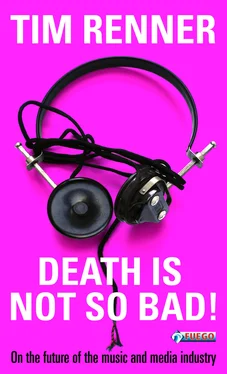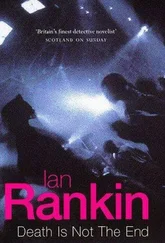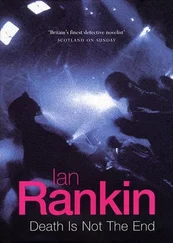The music industry is in the vanguard here because pop songs represent only small volumes of data. But the greater the progress made with data compression and download speeds, the more this problem will affect other media. These other media can learn from the music industry by making sure they don’t ignore the warning signals.
At PolyGram’s first international management conference, which I was permitted to attend as the brand new head of Motor Music in 1994, the guest speaker was Nicholas Negroponte, the founder and head of the legendary Media Laboratory at Massachusetts Institute of Technology (MIT). The visionary Negroponte, who was also co-founder of the magazine Wired, explained how data compression and peer-to-peer networking would work. He predicted that in ten years’ time half of all music titles would be obtained via the net. The managing director of A&M Records was asleep during his talk, other managers started to chat among themselves, and in the break Negroponte was left standing by himself. After he had gone, the chairman apologized to his colleagues. Obviously it was all rubbish; people were predisposed to touch and hold things, downloading something would never be seen as owning it. At the same time, thousands of kids were buying computer games at more than DM100 a throw, chucking away the packaging and calling a game icon on the screen their own.
Both Negroponte and the PolyGram chairman were wrong: just seven years later, more titles were being downloaded from the Internet than were being sold over the counter. The stupid part was that this was taking place almost exclusively via illegal sources. Consumers had the perfect excuse: the industry had abandoned them, all too often they had been forced to discover that the music companies’ content was no more than an illusion, the product was not being made available legally on the internet, and so they could become thieves in good conscience. As wannabe Robin Hoods they could roam the net taking from the supposed rich and stupid and giving to … well, themselves. And now imagine how the same consumers could soon be treating movies on the Internet, Internet and mobile radio, TV, recorded by digital video recorder and stripped of advertising for later consumption, and even, using a different type of screen, and books. If providers do not take a lead by creating credible content and legal structures, the consumer democracy will degenerate into consumer anarchy, into a short-term, self-destructive wallow in cultural excess. All this and much more can be learned from the experience of the music industry. Once the lesson has been learned and the new conditions adapted to, the death of the old structures and business models will not seem quite so bad.
PART ONE:
THE OLD TESTAMENT
Конец ознакомительного фрагмента.
Текст предоставлен ООО «ЛитРес».
Прочитайте эту книгу целиком, купив полную легальную версию на ЛитРес.
Безопасно оплатить книгу можно банковской картой Visa, MasterCard, Maestro, со счета мобильного телефона, с платежного терминала, в салоне МТС или Связной, через PayPal, WebMoney, Яндекс.Деньги, QIWI Кошелек, бонусными картами или другим удобным Вам способом.












